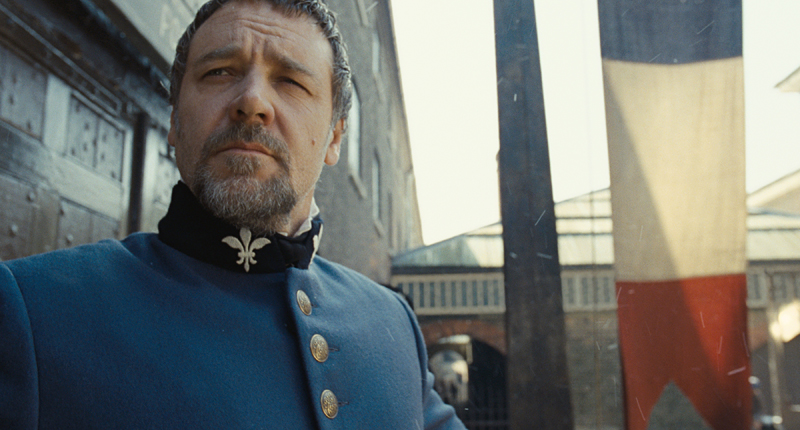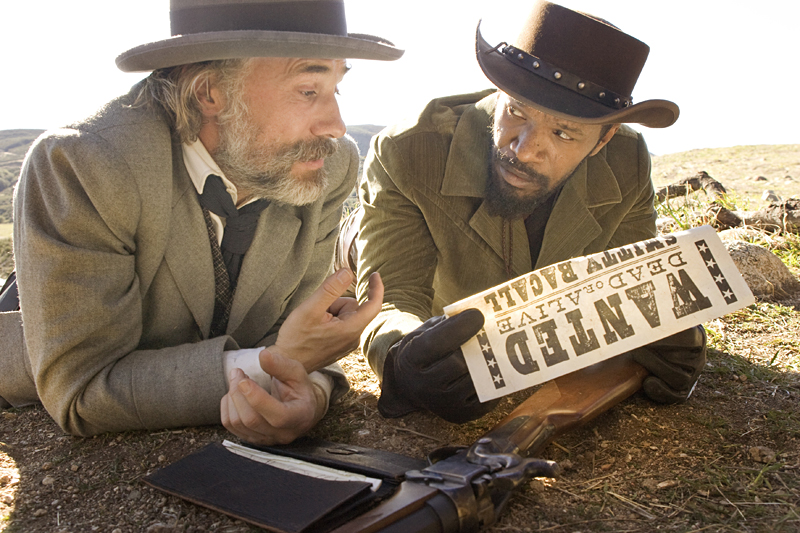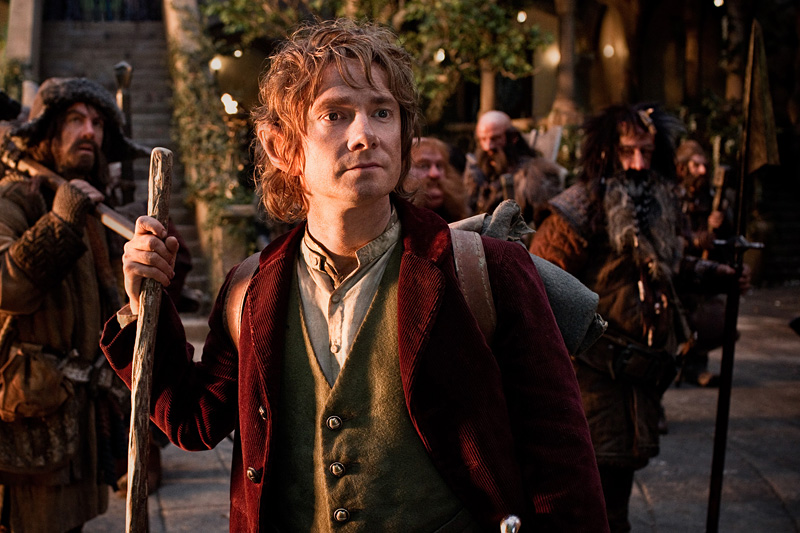Set amid the smog-choked, traffic-jammed, overpopulated environs of Mexico City, the second feature directed by Carlos Reygadas begins with a doozy of a slow-mo blow job—a dream, as it turns out, but also a sign of things to come. The dream belongs to Marcos (Marcos Hernández), who makes something less than a living as the private driver for a military general (when he’s not kidnapping his neighbor’s baby, with disastrous results). His blond, dreadlocked dream girl is none other than the general’s twentysomething daughter, Ana (Anapola Mushkadiz)—an oasis of pleasure in Marcos’ depressed, insectlike existence.
Reygadas’ striking 2002 Japón also concerned an alienated man’s search for meaning in a numbing, oppressive world. That beguiling, sometimes inscrutable, and ultimately deeply affecting movie got him compared to Antonioni, Kiarostami, and Tarkovsky. It immediately established Reygadas as the enfant terrible of the new Mexican cinema, and, watching Heaven, I wished that it hadn’t. After the acclaim, you can imagine him thinking, “What would Carlos Reygadas do for an encore?” Well, how about making a glib assault on Mexican national identity that is unrelentingly in-your-face in all the ways that Japón was enigmatic and subtle, and which is quite a few other things that Japón never was—namely, cynical, contemptuous (of its characters and its audience), and opportunistic.
In a way, Reygadas blows his wad right there in the opening: It’s merely grotesque, the kind of stunt that accomplishes little other than ensuring that few of the film’s ticket buyers will be late getting to their seats. And it sets the tone for much of what follows: a scene where Marcos glances disgustedly at a passing religious procession and remarks, “They’re a flock of sheep”; another in which he masturbates to a televised soccer match; and, of course, several more graphic bouts of coitus— including the ultimate bedding down of Marcos and Ana, this time in the real world—during which religious iconography is reliably close at hand. Reygadas wants to make sure that, before he’s done, he’s left no sacred Mexican ritual—sex, soccer, Catholicism—undefiled, and he wants to make sure you know that’s what he’s doing.
Yet Heaven cannot be so easily dismissed—indeed, it is that rare failed film that leaves you as eager to see what its maker will do next as you were when you walked in the door. Twice in the film, there are moments when, following the logical ending of a scene, Reygadas’ camera drifts off on exploratory odysseys—including one magnificent 360-degree pan across the Mexico City skyline—as if it had grown tired of the story and characters at hand and were setting out in search of worthier material. I have little doubt that it will soon be found.








